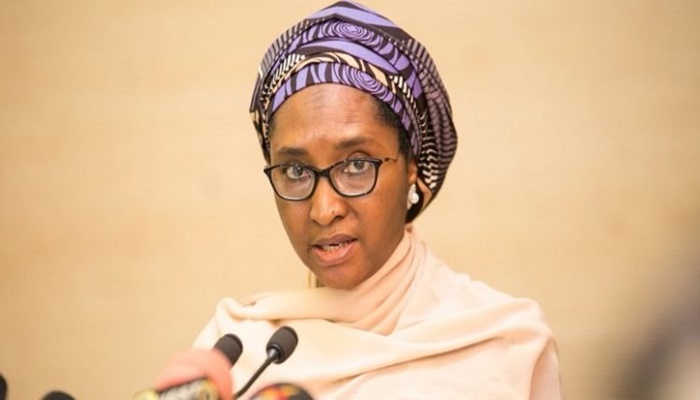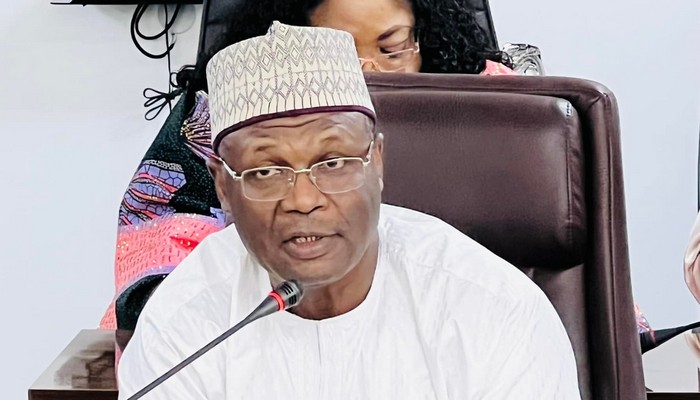
The United Nations (UN) has warned that escalating public debt is limiting the capacity of Nigeria and other developing African countries to boost necessary spending needed to counter devastating effects of Covid-19 pandemic on their economies.
The world body also warned that the situation may eventually lead to an escalation of social unrest and political tensions, which could in turn worsen food insecurity, violence, internal displacement and migration pressures.
The ‘World Economic Situation and Prospects 2021’ noted: “African countries are experiencing an unprecedented economic downturn with major adverse impacts on development. “Lower commodity prices, the collapse of tourism and lower remittances – exacerbated by much needed domestic lockdowns and other measures to control the spread of the pandemic – have caused a severe and widespread deterioration of the economic situation.
“Limited fiscal space, challenging financing conditions and rising public debt have increased the risks of debt distress.” It emphasized that sustained recovery from the pandemic will depend not only on the size of the stimulus measures, and the quick rollout of vaccines, but also on the quality and efficacy of these measures to build resilience against future shocks.
“Nigeria’s GDP is projected to expand by 1.5 per cent in 2021, after a contraction of 3.5 per cent in 2020. “Yet, tighter foreign exchange liquidity, mounting inflationary pressures and subdued domestic demand cloud the medium-term outlook.”
Unfortunately, according to the report, “elevated public debt is limiting the capacity to boost spending across the continent.
“Also, meagre growth prospects mean less capacity to sustain debt levels, as foreign reserves, remittances and capital flows falter and depreciations constrain the capacity to service foreign currency-denominated debt.
“African countries need further support from the international community and strong national efforts in averting a debt crisis. A debt crisis would not just cause a further economic deterioration, but also force painful fiscal adjustments.”
Coming to Nigeria and going by the Debt Management Office (DMO) statistics, total public debts as of the end of 2020 amounted to N32.9 trillion, out of which the Federal Government owed N26.8 trillion to both domestic and foreign creditors while 34 states and Federal Capital Territory owed N5.9 trillion.
Katsina and Rivers states did not submit their figures at the time the DMO was compiling the report. In a report on its website, the debt office explained that N4.2 trillion was added to the debt stock in 2020 alone as a result of economic effects of Covid-19 pandemic.
As a result of the debt figure, the Federal Government spent 82.9 per cent of its 2020 revenue on debt service.
According to the information contained in the budget implementation report of the government for the year ended December 2020, total revenue earned during the year was N3.93 trillion, representing a 27 per cent drop from the target revenues of N5.365 trillion. Of the N3.93 trillion revenue, N3.26 trillion was devoted to debt service.






